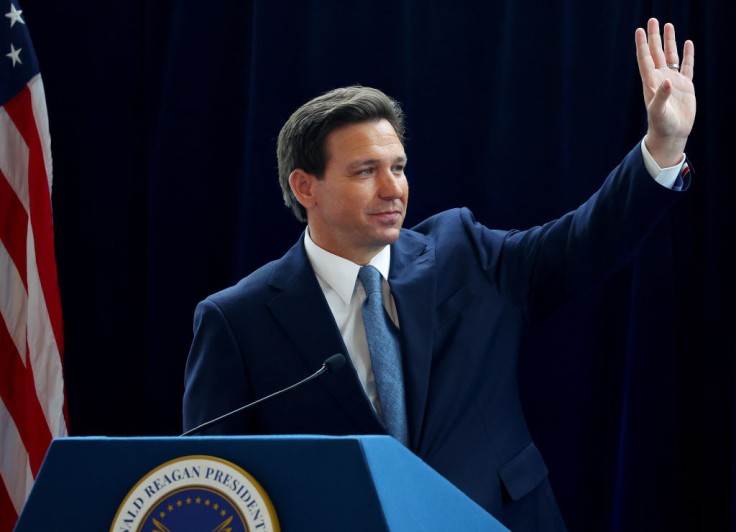
Florida Republicans passed the Safety in Private Spaces Act on Wednesday, which has caused controversy in the LGBTQ community. The bill criminalizes the act of trespassing as a misdemeanor when an individual uses a bathroom that doesn't correspond with their gender at birth.
According to The Hill, the legislation, known as the "Safety in Private Spaces Act," is limited to restrooms and changing facilities found in state and local government buildings, schools, colleges, and detention centers.
The next step is for Governor Ron DeSantis to sign the bill into law.
Bathroom Bill Opposition and Support
Furthermore, Politico reported that the Safety in Private Spaces Act was heavily opposed by Democrats, who argued that the policy targeted transgender people. The bill was criticized for being inhumane and politicizing the use of bathrooms for the political advantage of conservatives.
Republicans, on the other hand, claim that the bill is about protecting public safety, decorum, and decency. They argue that allowing transgender individuals to use bathrooms that do not align with their birth sex could lead to potential safety issues for women and children.
Despite Republicans significantly scaling back the measure so that it no longer applies to bathrooms in restaurants, gas stations, and other businesses, Democrats still vehemently opposed the legislation.
Under the new bill, any individual aged 18 or older who enters a restroom or changing facility not corresponding with their gender at birth and refuses to leave when asked by someone else can be charged with a second-degree trespassing misdemeanor. Additionally, local school districts must create code of conduct regulations to discipline students who engage in similar conduct.
The "Safety in Private Spaces Act" bears similarities to bills that have been considered in states with conservative leanings, such as Arkansas, Iowa, Alabama, Tennessee, and Oklahoma.
Opponents argue that the legislation criminalizes transgender people for using bathrooms that align with how they live their lives every day. They believe that the bill opens the door to abuse and mistreatment, especially of the LGBTQ community.
Supporters of the bill, however, believe that the legislation is necessary to protect public safety. They argue that gender-specific bathrooms exist to maintain the privacy and safety of individuals who use them and that allowing transgender individuals to use bathrooms that align with their gender identity could create potential safety risks.
Expansion of the "Don't Say Gay" Law
Furthermore, as reported by the Associated Press, Florida Republicans approved multiple bills on the same day. This includes one that prohibits diversity programs in colleges and another that prohibits students and teachers from being compelled to use pronouns that do not align with an individual's biological sex. This move builds on the top priorities of Republican Gov. Ron DeSantis and strengthens his hardline conservative agenda.
According to Advocate, the Senate passed a comprehensive bill that extends the law known as the "Don't Say Gay" policy. The move has received criticism from the LGBTQ community, which believes that it restricts freedom of expression and reinforces discrimination against transgender people. They argue that using a person's correct pronouns is a matter of respect and basic human dignity.
This bill prohibits school personnel or students from being compelled to use pronouns that do not correspond with an individual's biological sex. It also prohibits teaching gender identity and sexual orientation in the classroom up to the 8th grade, which aligns with a previous move by the DeSantis administration to bar such lessons across all grades.
As these bills move toward becoming law, the impact they will have on LGBTQ individuals and communities in Florida remains to be seen. It is likely that the fight over these issues will continue in the courts and at the ballot box in the coming years.